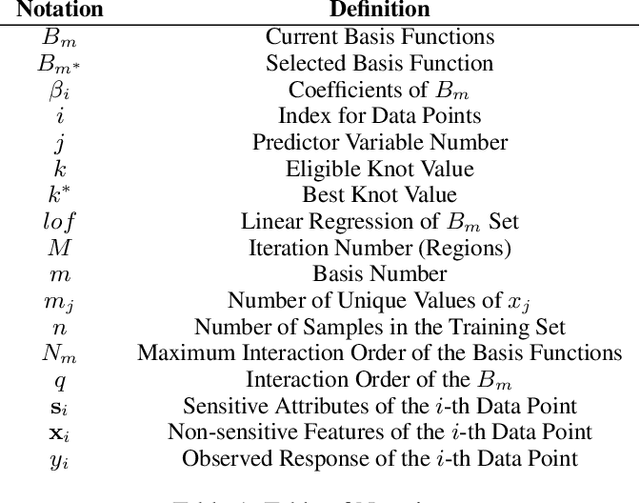Fair Multivariate Adaptive Regression Splines for Ensuring Equity and Transparency
Paper and Code
Feb 23, 2024



Predictive analytics is widely used in various domains, including education, to inform decision-making and improve outcomes. However, many predictive models are proprietary and inaccessible for evaluation or modification by researchers and practitioners, limiting their accountability and ethical design. Moreover, predictive models are often opaque and incomprehensible to the officials who use them, reducing their trust and utility. Furthermore, predictive models may introduce or exacerbate bias and inequity, as they have done in many sectors of society. Therefore, there is a need for transparent, interpretable, and fair predictive models that can be easily adopted and adapted by different stakeholders. In this paper, we propose a fair predictive model based on multivariate adaptive regression splines(MARS) that incorporates fairness measures in the learning process. MARS is a non-parametric regression model that performs feature selection, handles non-linear relationships, generates interpretable decision rules, and derives optimal splitting criteria on the variables. Specifically, we integrate fairness into the knot optimization algorithm and provide theoretical and empirical evidence of how it results in a fair knot placement. We apply our fairMARS model to real-world data and demonstrate its effectiveness in terms of accuracy and equity. Our paper contributes to the advancement of responsible and ethical predictive analytics for social good.
 Add to Chrome
Add to Chrome Add to Firefox
Add to Firefox Add to Edge
Add to Edge